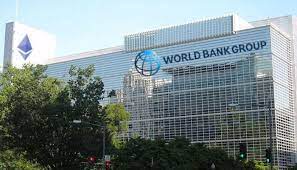The non-release of these funds has become a major talking point in Mali. During a recent session of the National Transitional Council (CNT), the legislative body overseeing the transitional government, Sanou expressed his deep concern about the impact of the delay.
“Not only are the donors not supporting us,” Sanou lamented to the council members, “but we also have agreements almost finalized with the IMF and the World Bank that are not being implemented.”
He emphasized the critical nature of the situation, especially considering the Malian central bank’s current policy of tightening liquidity. “We are a country facing multiple crises and immense challenges,” Sanou stressed. This financial crisis threatens not only economic development but also the government’s ability to ensure national security.
Despite these difficulties, Sanou conveyed his appreciation for the continued support of the CNT members. “We are obligated to make a concerted effort to balance the budget, prioritize actions, and maximize the well-being of the Malian people, with particular focus on guaranteeing national security,” he said.
The financial support from international institutions, particularly the World Bank and the IMF, remains essential for Mali to stabilize its economy and overcome this financial crisis, which is compounded by various external and internal factors.
According to a government memo dated April 21, Sanou claimed to have reached an agreement with the World Bank during the IMF and World Bank Spring Meetings held in April 2024.
The agreement stipulated that the World Bank would “immediately” release $60 million to Mali’s national energy company, Energie du Mali SA (EDM), to facilitate fuel purchases from neighboring countries belonging to the Senegal River Development Organisation (OMVS). The World Bank also pledged to support the development of additional solar energy infrastructure to diversify Mali’s energy mix.
However, according to the financial news outlet Financial Afrik, the World Bank is withholding the promised funds until the Malian government takes steps to reduce its salary expenditures.
MD/ac/fss/abj/APA


